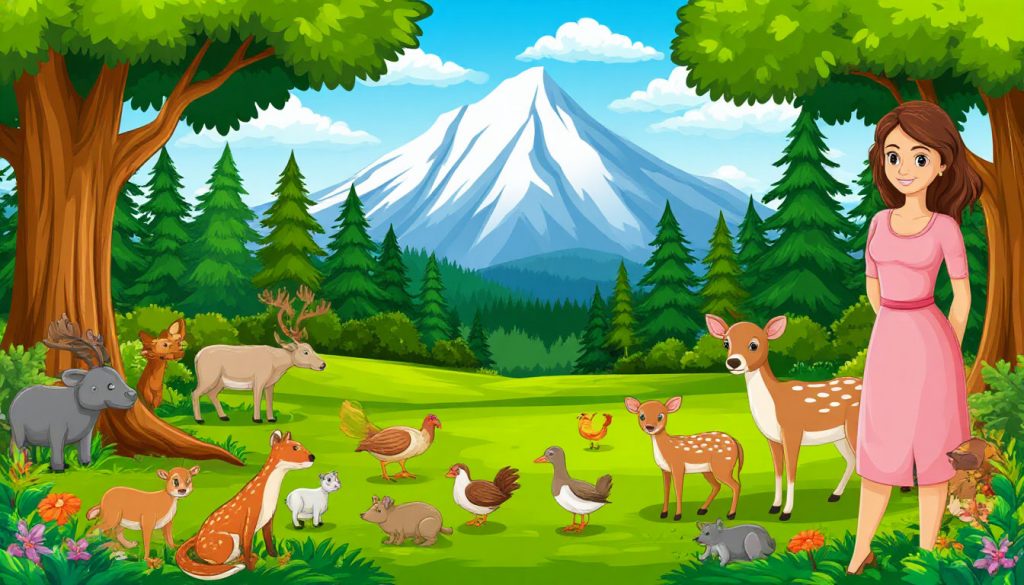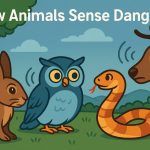Ecology is the branch of science that studies how living organisms interact with each other and with their physical environment. It helps us understand the complex web of life on Earth—how plants, animals, fungi, bacteria, and even humans fit into nature and influence one another.
At its core, ecology is about relationships—between organisms, their habitats, and the ecosystems they form.
Key Concepts of Ecology
Ecology looks at life from different scales and perspectives, from tiny bacteria to entire forests and oceans. Some important concepts include:
- Organisms – Individual living things (e.g., a fox, a tree, a mushroom)
- Populations – Groups of the same species living in one area
- Communities – Different species living and interacting in the same environment
- Ecosystems – Communities plus their non-living environment (e.g., soil, water, sunlight)
- Biomes – Large regions like deserts, tundras, or rainforests with similar climates and life forms
- Biosphere – All ecosystems on Earth, forming a single, life-supporting system
Ecologists study these layers to understand how energy flows and nutrients cycle through nature.
Why Ecology Matters
Ecology explains how life survives, adapts, and thrives—and it teaches us why we need to protect the natural world. It helps us answer critical questions:
- How do plants grow and support animal life?
- What happens when one species disappears?
- How does pollution or climate change affect ecosystems?
- How can humans live more sustainably with nature?
Understanding ecology is essential for conservation, agriculture, public health, and climate science.
Types of Ecology
There are many different branches of ecological study, including:
- Behavioral ecology – How animal behavior is shaped by the environment
- Population ecology – How populations grow or decline
- Community ecology – How species interact, compete, or cooperate
- Ecosystem ecology – How matter and energy move through ecosystems
- Urban ecology – How nature exists and adapts in cities
- Global ecology – How large-scale processes like climate and ocean currents affect life
Each branch helps us see a different part of the ecological puzzle.
Ecology and the Environment
Human activity has a huge impact on ecosystems. Deforestation, pollution, overfishing, and greenhouse gas emissions can disrupt ecological balance. Ecology helps scientists and policymakers:
- Restore damaged habitats
- Protect endangered species
- Design sustainable farms and cities
- Combat climate change
By learning how nature works, we can better care for our planet and preserve it for future generations.
Glossary
- Ecology – The science of how living things interact with each other and the environment
- Ecosystem – A system made up of living organisms and their physical environment
- Population – A group of the same species living in a specific area
- Biosphere – The global system of all living things and their environments
- Sustainability – Living in a way that doesn’t harm future generations


